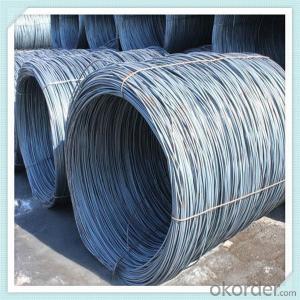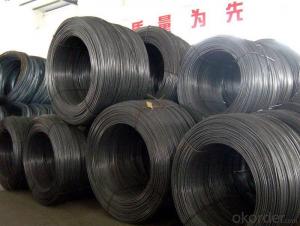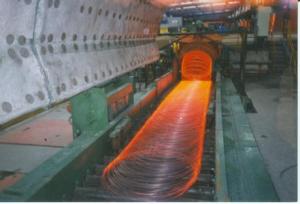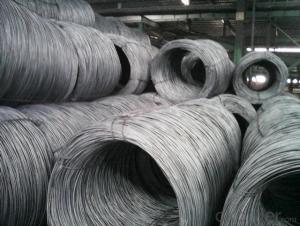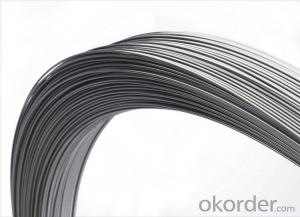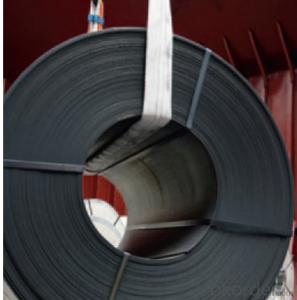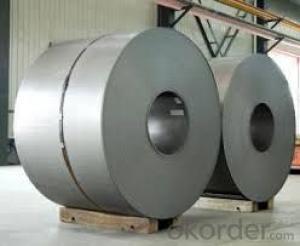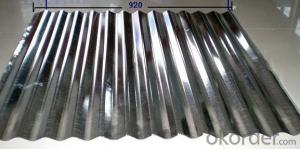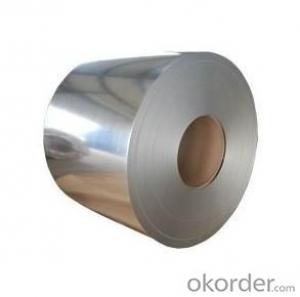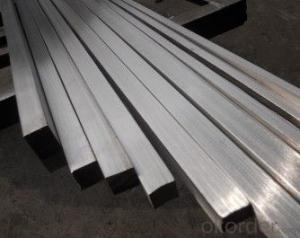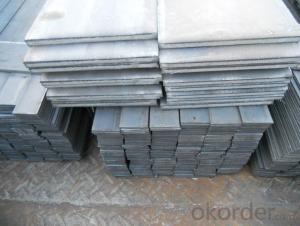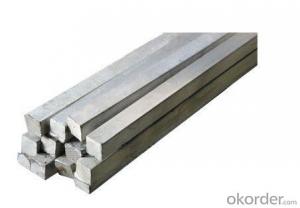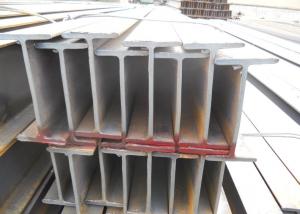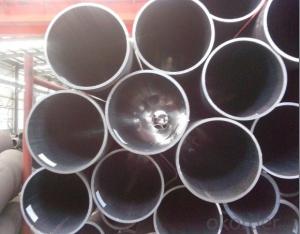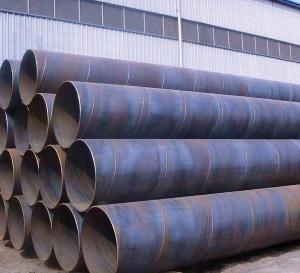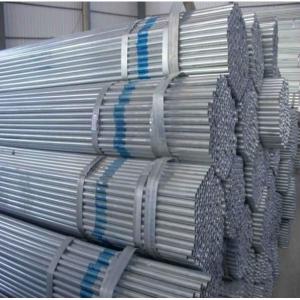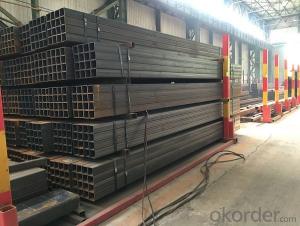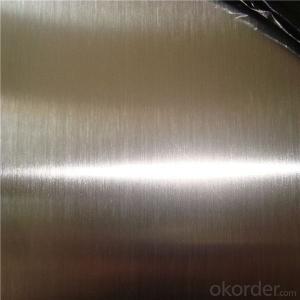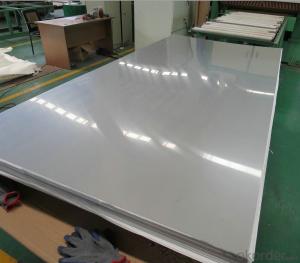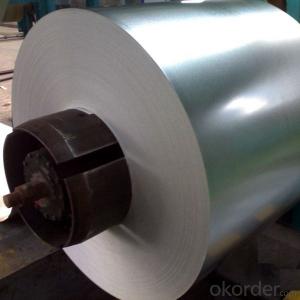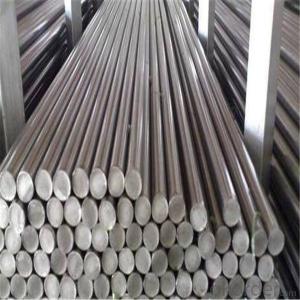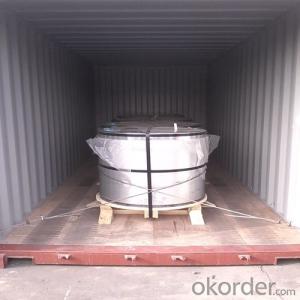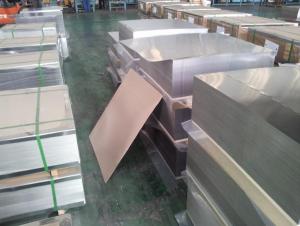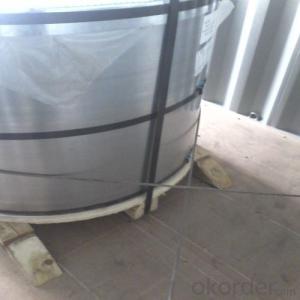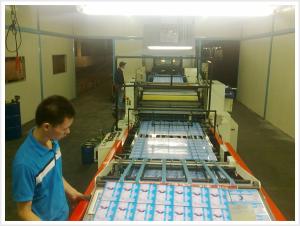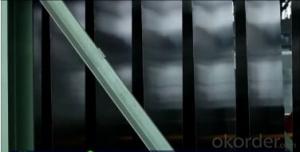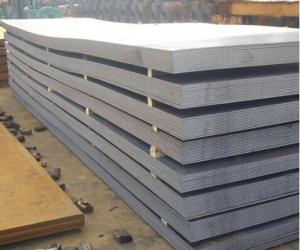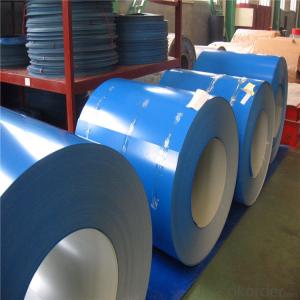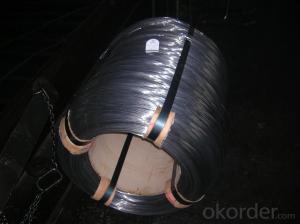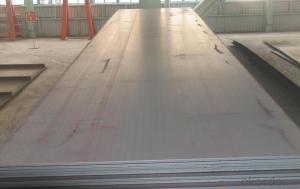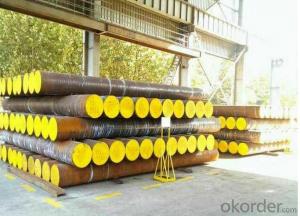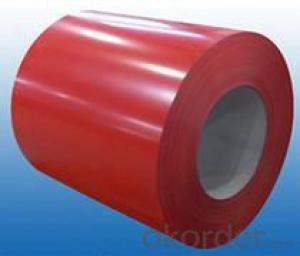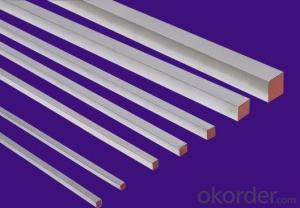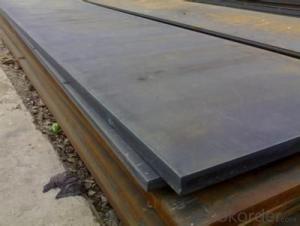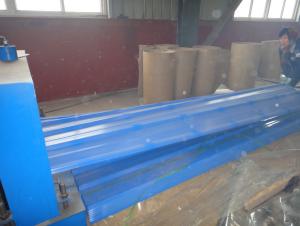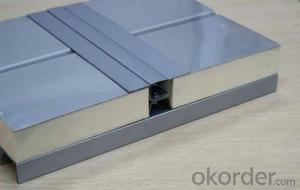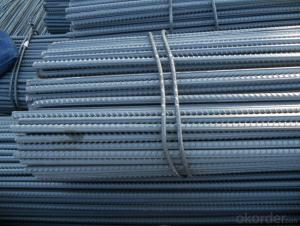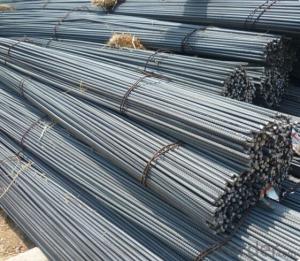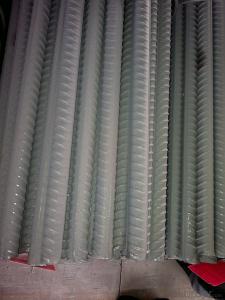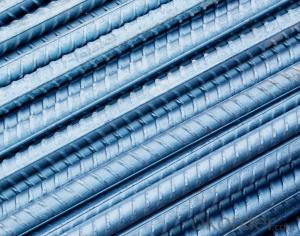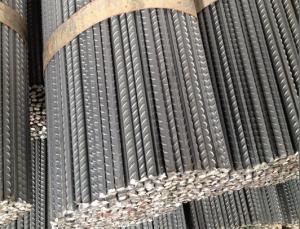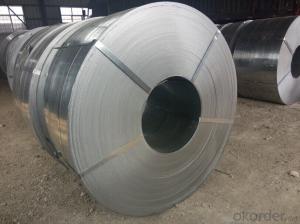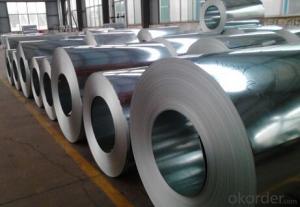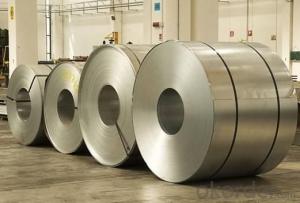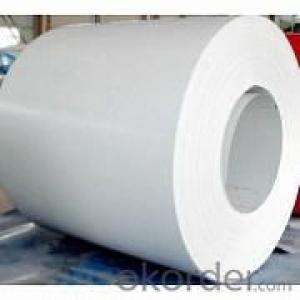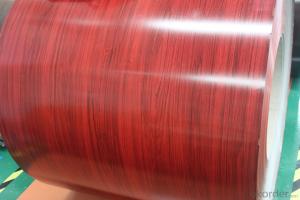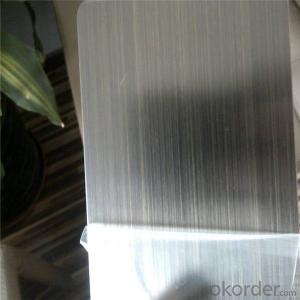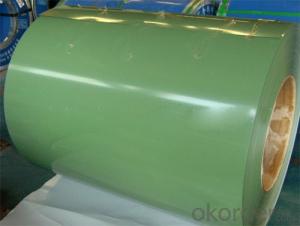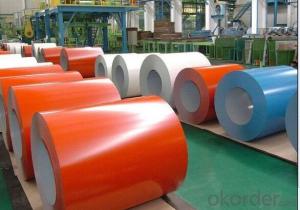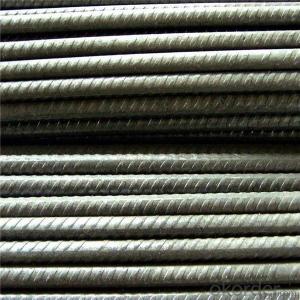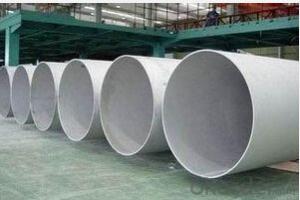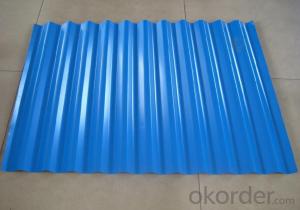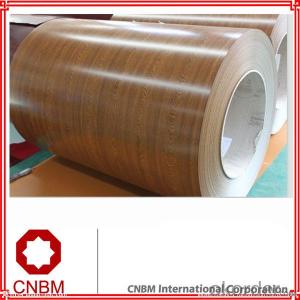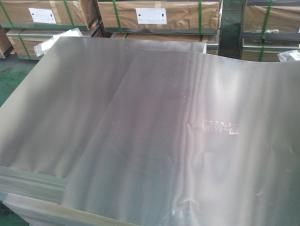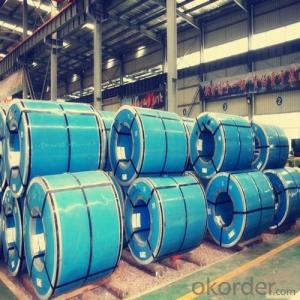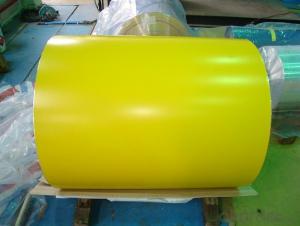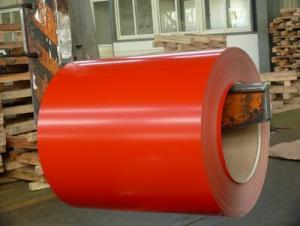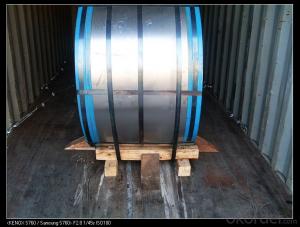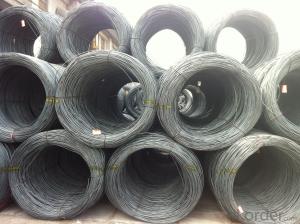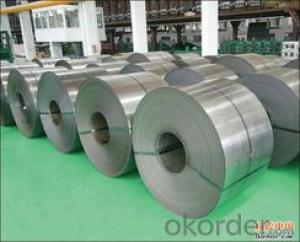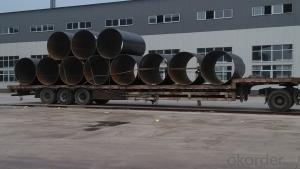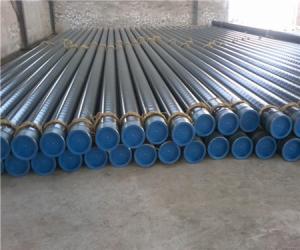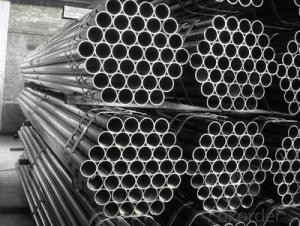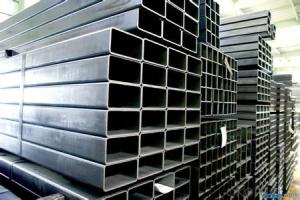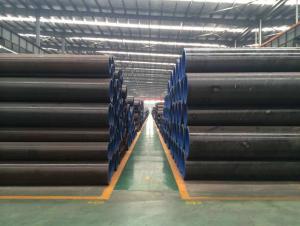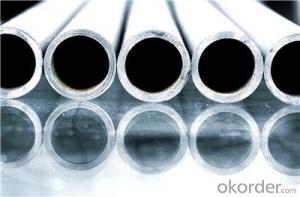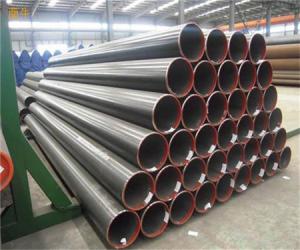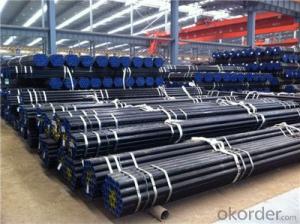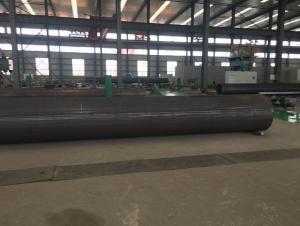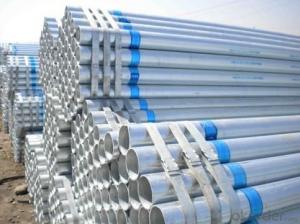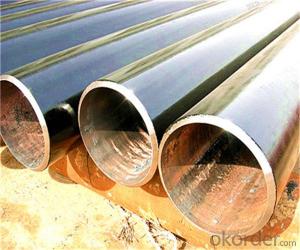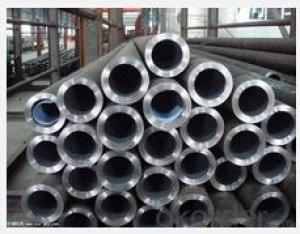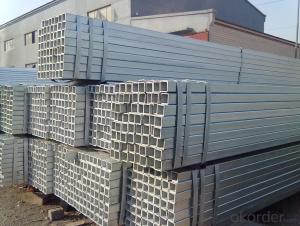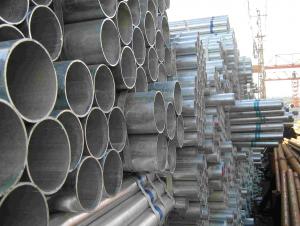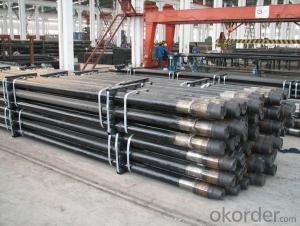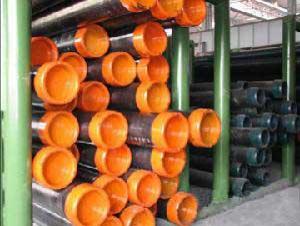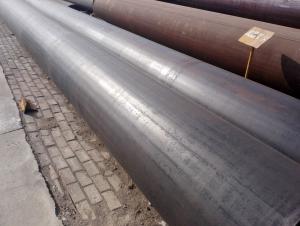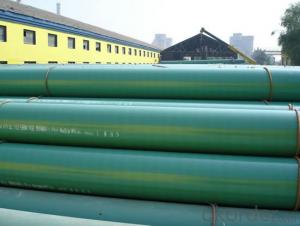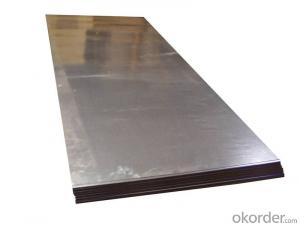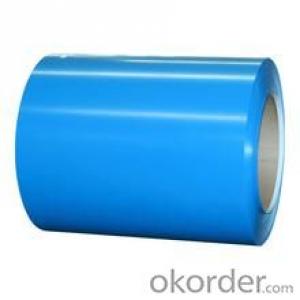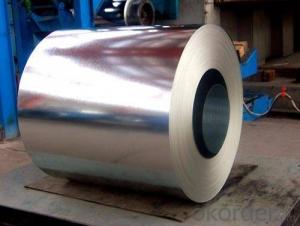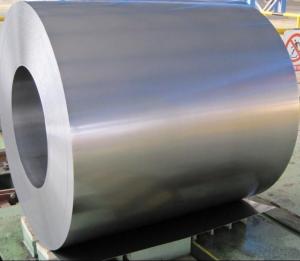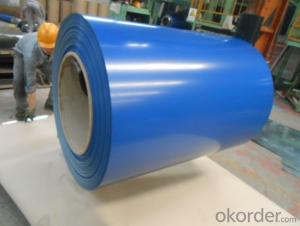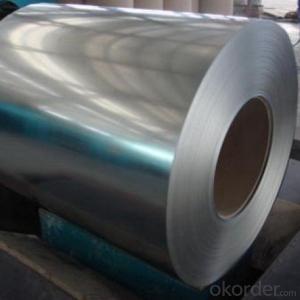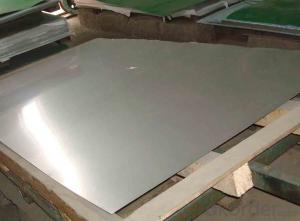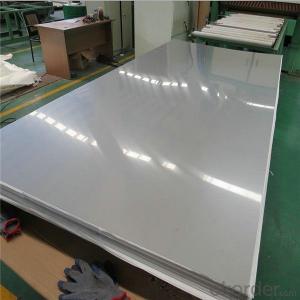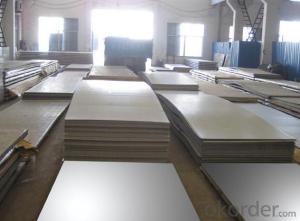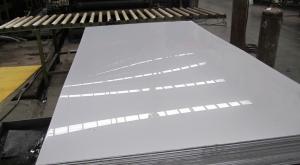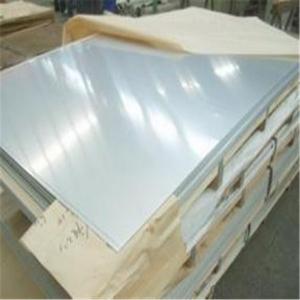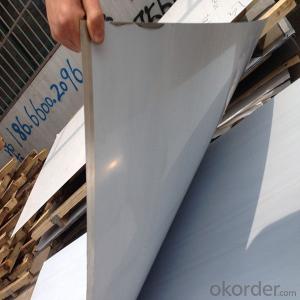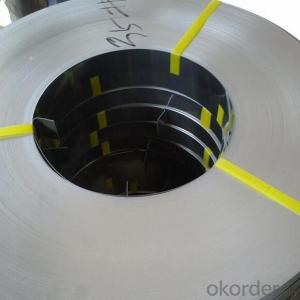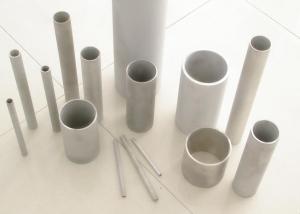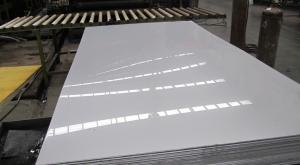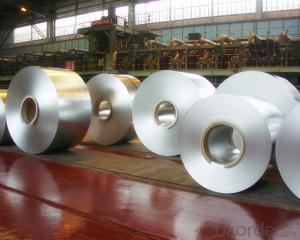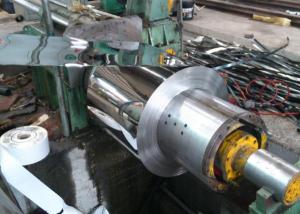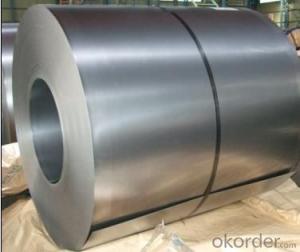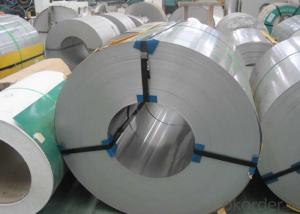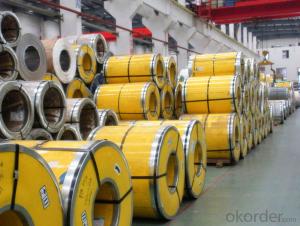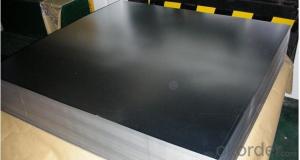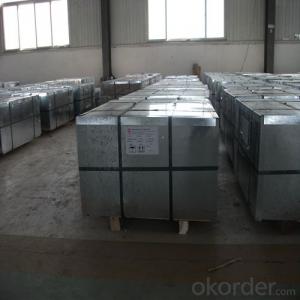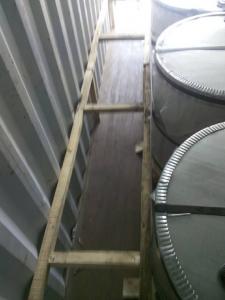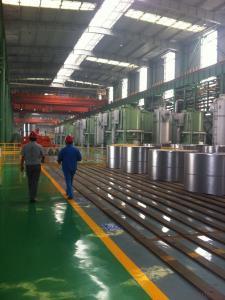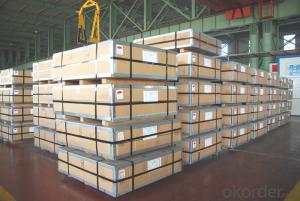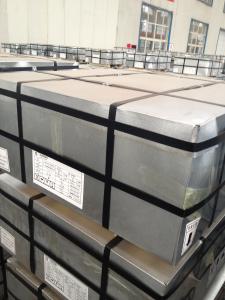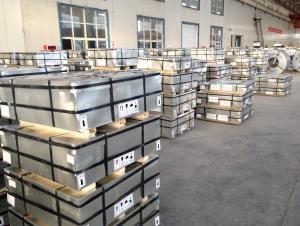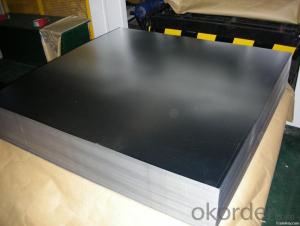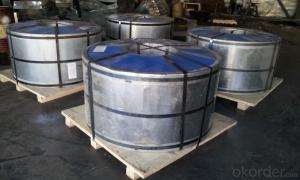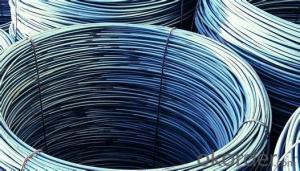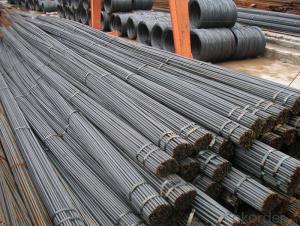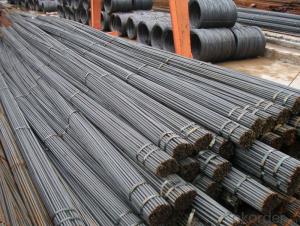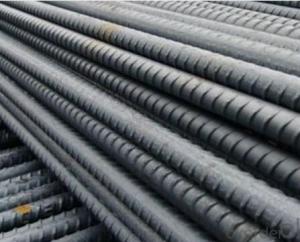All Categories
- - Steel Wire Rod
- - Steel Coils
- - Steel Profiles
- - Steel Pipes
- - Stainless Steel
- - Tinplate
- - Special Steel
- - Steel Sheets
- - Steel Rebars
- - Steel Strips
- - Hot Rolled Steel
- - Cold Rolled Steel
- - Pre-painted Steel
- - Seamless Steel Pipe
- - Welded Steel Pipe
- - Hollow Steel Tubes
- - Galvanized Pipe
- - Stainless Steel Coil
- - Stainless Steel Sheet
- - Stainless Steel Plate
- - Stainless Steel Strips
- - Electrolytic Tinplate Coil
- - Electrolytic Tinplate Sheet
- - Stainless Steel Rebars
- - Solar Panels
- - Solar Water Heater
- - Solar Related Products
- - Solar Inverter
- - Solar Cells
- - Solar Light
- - Solar Energy Systems
- - Solar Controllers
- - Solar Mounting System
- - Solar Pump
- - Solar Chargers
- - Fiberglass Chopped Strand
- - Fiberglass Mesh Cloth
- - Composite Pipes
- - FRP Pultrusion Profiles
- - Fiberglass Mat Tissue
- - Fiberglass Fabrics
- - Fiberglass Mesh
- - Composite Tank
- - Fiberglass Mesh tape
- - Polymer
- - FRP Roofing Panel
- - Fiberglass Roving
- - Monolithic Refractories
- - Ceramic Fiber Products
- - Refractory Bricks
- - Raw Materials For Refractory
- - Suspended Platform
- - Cranes
- - Concrete Machinery
- - Earthmoving Machinery
- - Building Hoist
- - Road Building Machinery
- - Plastic Pipe Fittings
- - Plastic Tubes
- - Plastic Sheets
- - Agricultural Plastic Products
- - Plastic Nets
 All Categories
All Categories
Steel Wire RodView More
Steel CoilsView More
Steel ProfilesView More
Steel PipesView More
Stainless SteelView More
TinplateView More
Special SteelView More
Steel SheetsView More
Steel RebarsView More
Steel StripsView More
Hot Rolled SteelView More
Cold Rolled SteelView More
Pre-painted SteelView More
Seamless Steel PipeView More
Welded Steel PipeView More
Hollow Steel TubesView More
Galvanized PipeView More
Stainless Steel CoilView More
Stainless Steel SheetView More
Stainless Steel PlateView More
Stainless Steel StripsView More
Electrolytic Tinplate CoilView More
Electrolytic Tinplate SheetView More
Stainless Steel RebarsView More
Q & A
What is the difference between structural steel and sheet steel?
Structural steel is typically used for construction purposes and is designed to support heavy loads and withstand structural stress. It is commonly used for beams, columns, and other load-bearing components. On the other hand, sheet steel refers to steel that is formed into thin, flat sheets and is often used for various applications such as roofing, cladding, and fabrication of smaller components. In summary, the main difference lies in their intended use and the thickness/shape of the steel.
What is the difference between hardening and tempering steel?
Hardening and tempering are two different heat treatment processes used to enhance the properties of steel. Hardening involves heating the steel to a critical temperature and then rapidly quenching it in a medium such as oil or water. This process results in increased hardness and strength, but also makes the steel brittle. On the other hand, tempering involves reheating the hardened steel to a lower temperature and then cooling it slowly. This relieves some of the internal stresses and improves toughness and ductility, making the steel more resistant to fractures. In summary, hardening increases hardness and strength but reduces toughness, while tempering restores some toughness without sacrificing too much hardness.
What is the difference between hot rolled and cold rolled steel?
The main difference between hot rolled and cold rolled steel lies in the manufacturing process. Hot rolled steel is produced at high temperatures, allowing it to form and shape more easily, resulting in a rougher surface finish. Cold rolled steel, on the other hand, is manufactured at lower temperatures, making it stronger and harder, with a smoother surface finish. Additionally, cold rolled steel tends to have tighter dimensional tolerances and improved mechanical properties compared to hot rolled steel.
Wholesale Steel from supplier in Guatemala
Whether you are in the construction, manufacturing, or infrastructure industry, we have the steel solutions to meet your specific requirements. Our product range includes a wide variety of steel products such as structural steel, rebar, steel plates, steel pipes, and more.
One of our key strengths is our ability to provide customized solutions. We understand that each project is unique, and our team of experts is dedicated to working closely with you to understand your specific needs and deliver tailored steel solutions. Whether you need assistance with selecting the right steel grade, calculating quantities, or ensuring timely delivery, our technical support team is always ready to assist you.
At our warehouse in Guatemala, we maintain a large inventory of steel products, ensuring that we can meet your immediate and future requirements. We take pride in our efficient supply chain management, ensuring that you receive your steel products on time and in the desired quantities.
We are committed to providing exceptional customer service. Our experienced sales team is available to provide you with prompt quotations, competitive pricing, and reliable delivery options. We prioritize building long-term relationships with our clients and strive to exceed their expectations.
As a subsidiary of CNBM, we benefit from the global resources and expertise of one of the world's largest companies in the steel industry. This allows us to offer competitive pricing, access to a wide range of steel products, and the latest industry trends and technologies.
Partner with us for all your steel needs in Guatemala, and experience the difference of working with a leading steel supplier. Contact us today for sales, quotations, and technical support services.
One of our key strengths is our ability to provide customized solutions. We understand that each project is unique, and our team of experts is dedicated to working closely with you to understand your specific needs and deliver tailored steel solutions. Whether you need assistance with selecting the right steel grade, calculating quantities, or ensuring timely delivery, our technical support team is always ready to assist you.
At our warehouse in Guatemala, we maintain a large inventory of steel products, ensuring that we can meet your immediate and future requirements. We take pride in our efficient supply chain management, ensuring that you receive your steel products on time and in the desired quantities.
We are committed to providing exceptional customer service. Our experienced sales team is available to provide you with prompt quotations, competitive pricing, and reliable delivery options. We prioritize building long-term relationships with our clients and strive to exceed their expectations.
As a subsidiary of CNBM, we benefit from the global resources and expertise of one of the world's largest companies in the steel industry. This allows us to offer competitive pricing, access to a wide range of steel products, and the latest industry trends and technologies.
Partner with us for all your steel needs in Guatemala, and experience the difference of working with a leading steel supplier. Contact us today for sales, quotations, and technical support services.
